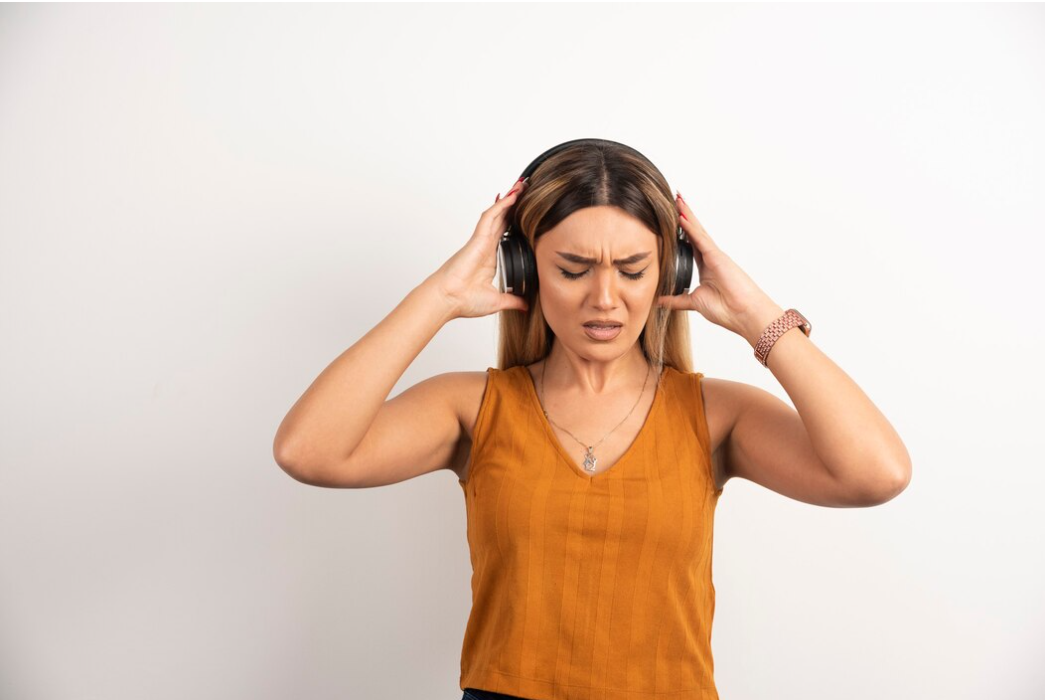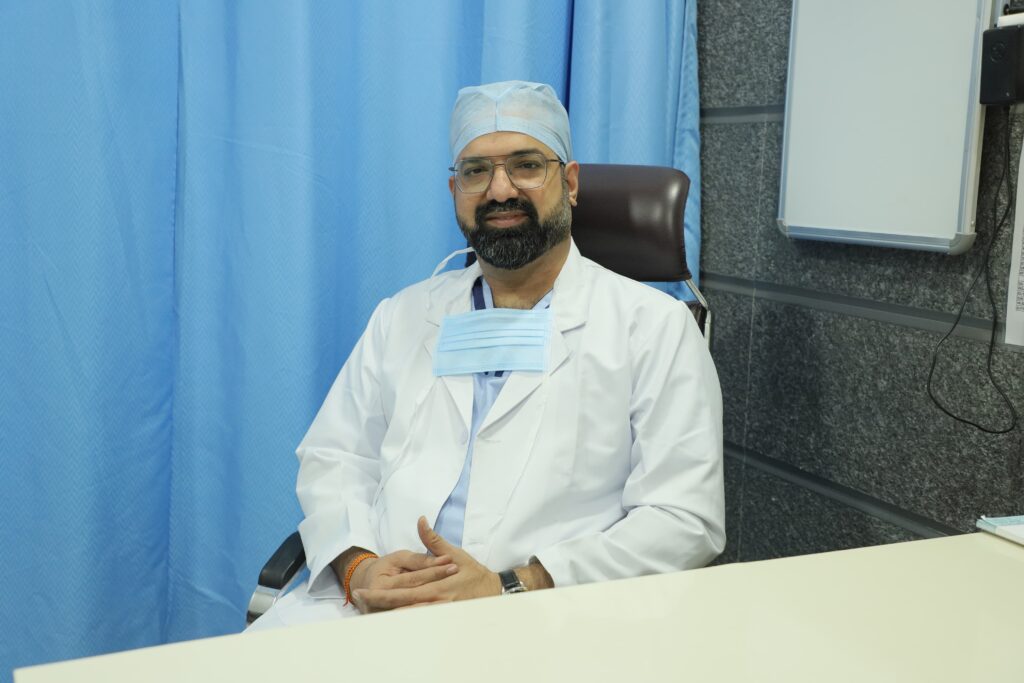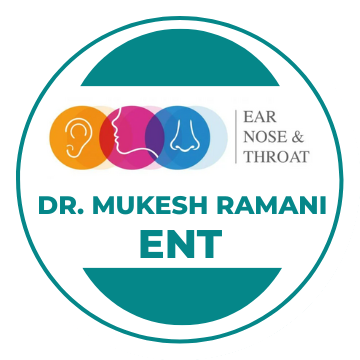Services
We Provide

Understanding Hyperacusis
Hyperacusis is a hearing disorder characterized by an increased sensitivity to everyday sounds, making them seem louder or more intense than they actually are. Individuals with hyperacusis may find normal sounds uncomfortable or even painful, leading to anxiety, stress, and difficulty participating in social activities. Hyperacusis can significantly impact an individual’s quality of life, but with proper diagnosis and management, symptoms can be effectively controlled.
Diagnosis of Hyperacusis
Diagnosing hyperacusis typically involves a thorough medical history review and physical examination by a healthcare provider. During the examination, the provider may perform tests to assess hearing function and sensitivity to sound, such as pure-tone audiometry and uncomfortable loudness levels (ULL) testing. Additionally, questionnaires may be used to assess the impact of hyperacusis on an individual’s daily life and psychological well-being.
Causes of Hyperacusis
The exact cause of hyperacusis is not fully understood, but it is believed to result from changes in the way the brain processes sound. Hyperacusis can occur as a primary condition or may be secondary to other underlying conditions, including:
- Noise-Induced Hearing Loss: Prolonged exposure to loud noises can damage the delicate hair cells in the inner ear, leading to hyperacusis.
- Head Trauma: Traumatic brain injuries or head trauma can disrupt the auditory system and lead to hyperacusis.
- Ear Infections: Chronic or recurrent ear infections can affect the function of the auditory system and contribute to hyperacusis.
- Migraines: Some individuals with migraines may experience hyperacusis as a symptom during migraine attacks.
- Temporomandibular Joint (TMJ) Disorders: Dysfunction of the TMJ can affect the muscles and nerves involved in hearing and contribute to hyperacusis.
Symptoms of Hyperacusis
Common symptoms of hyperacusis may include:
- Increased Sensitivity to Sound: Sounds that are typically tolerable may be perceived as uncomfortably loud or painful.
- Discomfort or Pain: Individuals with hyperacusis may experience discomfort, pain, or physical sensations in response to certain sounds.
- Avoidance of Loud Environments: Avoidance of loud environments or situations where noise exposure is expected.
- Anxiety or Stress: Hyperacusis can lead to anxiety, stress, or social isolation due to the fear of encountering loud sounds.
It’s important to seek medical attention if you experience symptoms of hyperacusis, as early diagnosis and management can help improve symptoms and quality of life. Treatment for hyperacusis may include sound therapy, cognitive-behavioral therapy (CBT), ear-level sound generators, or counseling to help individuals cope with their sensitivity to sound and improve their tolerance to everyday noises. With proper management, individuals with hyperacusis can learn to effectively manage their symptoms and lead fulfilling lives.
18+
years
of experience

Dr. Mukesh Kumar Ramani
Dr. Mukesh Kumar Ramani is a dedicated Specialist ENT Surgeon at Aster Clinic (Aster Jubilee Medical Complex) in Burdubai, Dubai. With over 18 years of experience in the field, Dr. Ramani has garnered expertise in various aspects of Otorhinolaryngology.
He completed his MBBS from Thanjavur Medical College, Tamilnadu, India, followed by MS (ENT) from B. J. Medical College, Ahmedabad, India, and DNB from the National Board of Examinations, New Delhi, India. Dr. Ramani’s extensive academic background is complemented by his passion for delivering high-quality patient care.
